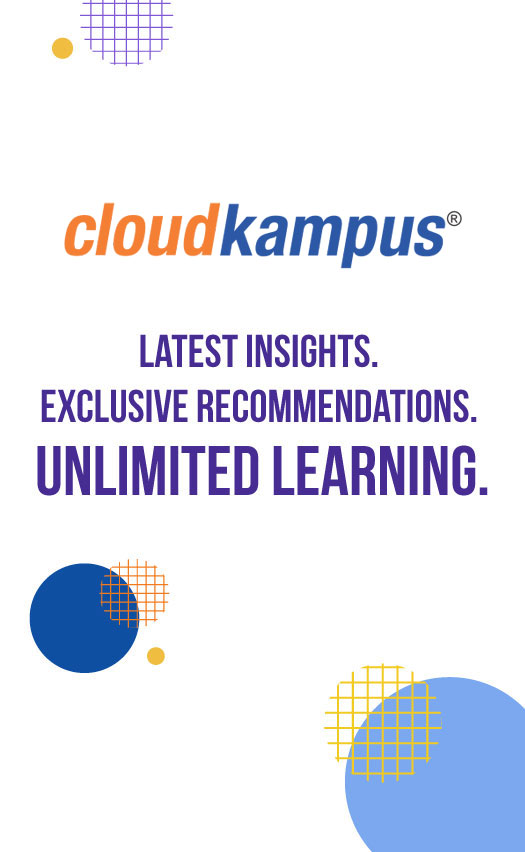

| May 20, 2024 |
.jpg)
Discover how data science revolutionizes urban planning for smart cities. From Python fundamentals to advanced statistical analysis, explore data-driven strategies. Learn real-time data analysis, environmental monitoring, and reporting with Tableau to drive innovation and sustainability in urban landscapes.
Cities around the globe are jumping on board the smart city trend, using the power of data science to completely transform urban planning. This blog dives
deep into the exciting world of data science and its impact on cityscapes, highlighting important ideas and practical examples that are shaping the future of our cities.
Structured data management is essential for effective urban planning. You can grasp the fundamentals of the Business Intelligence / Data Warehousing Lifecycle, ensuring data integrity from collection to analysis. This systematic approach lays the groundwork for reliable data-driven urban development strategies.
The backbone of data manipulation in urban planning is formed with the help of Python Programming. You can learn to analyze vast datasets efficiently, identifying trends and patterns crucial for informed decision-making. Tools like Pandas streamline data processing tasks, enabling interns to extract valuable insights to optimize transportation routes manage energy consumption, and more.
Advanced statistical analysis techniques empower you to uncover actionable insights from complex datasets. Leveraging Python libraries like NumPy and SciPy, you can predict traffic congestion, assess air quality, and make informed decisions to enhance city livability.
The key to communicating insights effectively is Data Visualization. You can master Pandas and Matplotlib to create compelling visualizations that convey complex urban data. Interactive maps and trend graphs aid in understanding population density, energy consumption patterns, and other critical urban metrics.
Integration of Data Science drives innovation across urban domains. You can explore how data-driven approaches optimize energy usage, waste management, public safety, and infrastructure resilience. By harnessing data science principles, cities adapt and thrive in dynamic environments.
Real-time data analysis is vital for addressing emerging urban challenges promptly. You can learn to process streaming data efficiently using tools like Apache Kafka and Spark Streaming. Monitoring traffic flow and detecting environmental anomalies enable cities to respond swiftly to changing conditions.
Weather and environmental data influence urban planning decisions. You can analyze weather patterns and implement environmental monitoring solutions to enhance city resilience and sustainability. Predicting natural disasters and optimizing resource allocation mitigates risks and creates safer urban environments.
Effective communication drives consensus in urban planning. You can use Tableau to create insightful reports, transforming complex data into actionable insights for stakeholders. Presenting urban development projects and evaluating policy interventions fosters collaboration and progress.
Data science is revolutionizing urban planning, paving the way for smarter, more sustainable cities. Our Summer Internship Festival equips you with the skills to harness data effectively, shaping the future of urban innovation. Join Cloudkampus and be part of the journey towards smarter cities.
1. What are the requirements for a data science course?
The requirements of the Data Science Course include basic knowledge of statistics and programming languages like Python.
2. What role does data science play in urban planning?
Data science in urban planning involves using data analysis techniques to inform decisions about city development, transportation systems, and resource allocation.
3. What defines the role of an urban data analyst?
An urban data analyst specializes in collecting, analyzing, and interpreting data related to urban environments to support decision-making processes in city planning and development.
4. How does urban data science differ from traditional data science?
Urban data science focuses specifically on analyzing data related to urban areas, including transportation, demographics, and city infrastructure.
5. How can one find the best online data science course with certification?
Look for courses from reputable institutions or platforms offering comprehensive curricula, hands-on projects, and recognized certifications upon completion. Also, check our Cloudkampus online data science courses with certificates.
Enter your email address to subscribe to this.
Categories